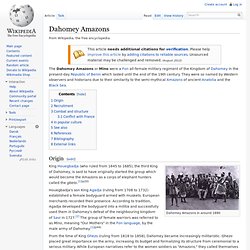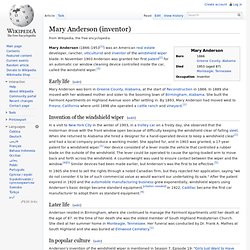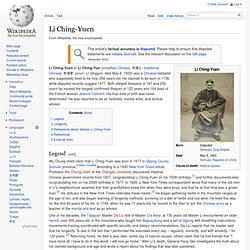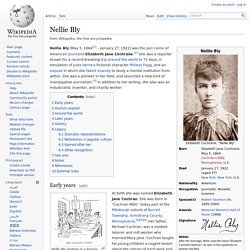

Richard Francis Burton. Dahomey Amazons. The Dahomey Amazons or Mino were a Fon all-female military regiment of the Kingdom of Dahomey in the present-day Republic of Benin which lasted until the end of the 19th century.

They were so named by Western observers and historians due to their similarity to the semi-mythical Amazons of ancient Anatolia and the Black Sea. Origin[edit] Dahomey Amazons in around 1890 King Houegbadja (who ruled from 1645 to 1685), the third King of Dahomey, is said to have originally started the group which would become the Amazons as a corps of elephant hunters called the gbeto.[1](p20) Houegbadja's son King Agadja (ruling from 1708 to 1732) established a female bodyguard armed with muskets. From the time of King Ghezo (ruling from 1818 to 1858), Dahomey became increasingly militaristic. Recruitment[edit] Membership among the mino was supposed to hone any aggressive character traits for the purpose of war. Combat and structure[edit] Conflict with France[edit]
History, Travel, Arts, Science, People, Places. Mary Anderson (inventor) Mary Anderson (1866–1953[1]) was an American real estate developer, rancher, viticulturist and inventor of the windshield wiper blade.

In November 1903 Anderson was granted her first patent[2] for an automatic car window cleaning device controlled inside the car, called the windshield wiper.[3] Mary Anderson was born in Greene County, Alabama, at the start of Reconstruction in 1866. In 1889 she moved with her widowed mother and sister to the booming town of Birmingham, Alabama. She built the Fairmont Apartments on Highland Avenue soon after settling in. By 1893, Mary Anderson had moved west to Fresno, California where until 1898 she operated a cattle ranch and vineyard.[1] In a visit to New York City in the winter of 1903, in a trolley car on a frosty day, she observed that the motorman drove with the front window open because of difficulty keeping the windshield clear of falling sleet. Marge: "Well, a woman also invented the windshield wiper! " LI CHING-YUEN. Li Ching-Yuen or Li Ching-Yun (simplified Chinese: 李清云; traditional Chinese: 李清雲; pinyin: Lǐ Qīngyún; died May 6, 1933) was a Chinese herbalist who supposedly lived to be over 256 years old.

He claimed to be born in 1736, while disputed records suggest 1677. Both alleged lifespans of 197 and 256 years far exceed the longest confirmed lifespan of 122 years and 164 days of the French woman Jeanne Calment. His true date of birth was never determined. He was reported to be an herbalist, martial artist, and tactical advisor. Legend[edit] One of his disciples, the Taijiquan Master Da Liu told of Master Li's story: at 130 years old Master Li encountered an older hermit, over 500 years old, in the mountains who taught him Baguazhang and a set of Qigong with breathing instructions, movements training coordinated with specific sounds, and dietary recommendations.
Longevity[edit] Tranquil mindSit like a tortoiseWalk sprightly like a pigeonSleep like a dog References about Master Li Ching-Yuen[edit] NELLIE BLY. Early years[edit] Nellie Bly working in a factory producing boxes At birth she was named Elizabeth Jane Cochran.

She was born in "Cochran Mills", today part of the Pittsburgh suburb of Burrell Township, Armstrong County, Pennsylvania.[4][5][6] Her father, Michael Cochran, was a modest laborer and mill worker who married Mary Jane. Cochran taught his young children a cogent lesson about the virtues of hard work and determination, buying the local mill and most of the land surrounding his family farmhouse. As a young girl Elizabeth often was called "Pinky" because she so frequently wore the color. In 1880, Cochrane and her family moved to Pittsburgh. As a writer, Bly focused her early work for the Dispatch on the plight of working women, writing a series of investigative articles on women who were factory workers, but editorial pressure pushed her to the so-called "women's pages" to cover fashion, society, and gardening, the usual role for women journalists of the day.